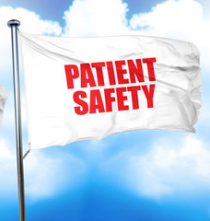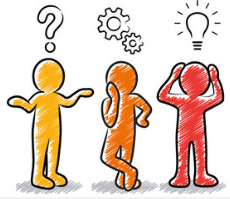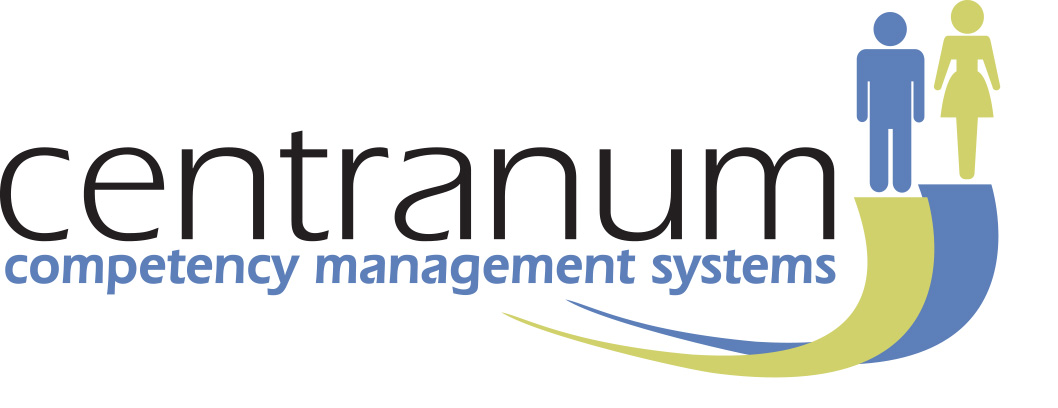Healthcare Teams are High Stakes Teams
 Health care delivery systems, like those in the military, aviation and energy production, are complex organizations. They operate in high stakes environments where policies and regulations are constantly changing.
Health care delivery systems, like those in the military, aviation and energy production, are complex organizations. They operate in high stakes environments where policies and regulations are constantly changing.
Advances in healthcare and patient expectations have contributed to major changes in how health systems are organised to meet modern needs.
Teams of people must collaborate to ensure that each patient can be seen, diagnosed, treated and rehabilitated.
However evidence shows that ineffective teamwork can result in preventable deaths or harms including diagnostic, surgical and medication errors, falls, and hospital acquired infections.
Healthcare teams are a diverse, fluid, interwoven group of specialties and carers, so how do these people work effectively as a team, and why should they.
The nature of healthcare teams
Healthcare teams are a diverse, fluid, interwoven group of specialties and carers. Teams may be based on patient types (for example cardiac patients) or care types – (primary care or ICU teams).
In terms of team typologies they cover the full range of types and sizes from small 2 person teams to multi team systems. Some teams are project based, others are work teams.
ICU teams work in an especially challenging and intense environment. These teams are of mixed specialisations and often of very short duration. A high level of trust is needed despite a lack of shared history.
Primary care teams see a vast range of problems, many of which have no clear diagnosis or referral pathway. Collaboration and Care is often sequential. For example a referral for surgery often requires completion of a preceding activity, for example, X rays or diagnostic testing, by another team.
Benefits of ‘High Quality’ Healthcare teams
Positive associations between the quality of teamwork in inpatient facilities and patients’ self-reported satisfaction with their care have been established (Lyu,Wick, Housman, Freischlag, & Makary, 2013). Thus the more competent and higher functioning the team, the better the outcome as perceived by the patient. 
Research has shown that teams perceived as high quality – defined as those with clear roles and interdependencies – are associated with have lower rates of workplace injuries and illness, experiences of workplace harassment and violence, as well as lower levels of staff intent to leave the organization (Lyubovnikova et al., 2015).
The Challenges
As with all teams communication failure is a major issue.
Communication failures at handover are a major cause of preventable harms – diagnostic, surgical and medication errors, falls, and hospital acquired infections. Preventable deaths are twice as likely to be caused by communication failure than technical errors
Communication across specialties or interdependent units is often informal, unstandardized, and fragmented. There may not be a common language. Within a team the hierarchical nature of the professional workforce often means that people are afraid to speak up.
The culture of the organisation plays a strong role in establishing norms for communication. Studies have found that when encountering problems nurses ask those of similar standing for help, rather than higher status experts. They prioritise continuing their care activities and preserving their professional standing over looking for the root causes of problems. 
The constant fear and experience of avoidable patient harm creates a stressful working environment. The professional workforce in healthcare has an elevated level of burn out, depression and suicidal thoughts compared to many other professions.
Healthcare institutions have under invested in support processes and tools for teams. However these do require the establishment of structure and protocols which can be perceived as overly prescriptive.
Competencies for Healthcare teams
In high stakes teams such as military, aviation, and energy production, competency models focus heavily on non clinical competencies;
- Interpersonal competencies (communication, being open to different ideas, receptive to feedback, offering and seeking help)
- Personal behaviors – personal attributes of compassion, integrity and honesty. The ability to reflect critically on own practice, to recognise when stress and fatigue pose a risk.
- Cognitive competencies (monitoring, analysis and decision making) In particular the gathering of risk related information, evaluation to identify options for changes in direction in the face of significant risks. )
The Big Five core components of team work: team leadership, mutual performance monitoring, backup behaviour, team adaptability, and team orientation. (Salas, Sims, & Burke, 2005)
are entirely relevant to healthcare, and the overarching skill is effective communication.
Communication: Team members must be able to discuss ideas, goals, protocols and often technical procedures with people of varying backgrounds and skills.
Leadership: This may be rigid or fluid, but needs to be recognised for decision making. And should be supportive to facilitate communication, learning and work flow.
Mutual performance monitoring: Team members are aware and assess each other’s actions with the purpose of preventing errors and improving team performance. Implicit in this is respect for and understanding of the roles and expertise of each member.
Backup behaviour: – supporting team members with work overload, in order to ensure the team can work effectively as a whole to reach the goal.
Adaptability: – goals can change with time, thus teams may need to evolve in order to continue functioning for the patients care.
Team orientation: – this is the attitude of the team to support and challenge one another in a positive inclusive manner in order to achieve the best a team can. The wrong attitude within a team can undermine knowledge and skill.
Whilst the focus on team working emphasises these competencies individual job performance is heavily dependent on clinical competencies for the relevant procedures and clinical decision making.
How to improve teamwork in healthcare
 In healthcare as in other high stakes industries perceived status differences between those with different levels of expertise cause staff to feel unsafe when venturing comments and opinions that may challenge others, despite training to mitigate this. Studies show that the situation can be much improved where team leaders have an inclusive style. That is they verbally encourage team members to speak up, and receive their opinions positively when they do so.
In healthcare as in other high stakes industries perceived status differences between those with different levels of expertise cause staff to feel unsafe when venturing comments and opinions that may challenge others, despite training to mitigate this. Studies show that the situation can be much improved where team leaders have an inclusive style. That is they verbally encourage team members to speak up, and receive their opinions positively when they do so.
Research shows that approaches including the review of work processes and the use of structured tools such as checklists, goals and case discussion all contribute to improved teamwork.
Standardised protocols clarify expectations and competencies in work processes and clinical procedures. Tools such as handover checklists improve communication. Case discussion forms help to ensure debriefs and minimise information loss.
These tools are often unit specific and thus easily adopted and evolved. When staff have ready access to them they are often more effective than formal training.
Adoption of such structured communication tools is dependent on a safety culture led from the top.

